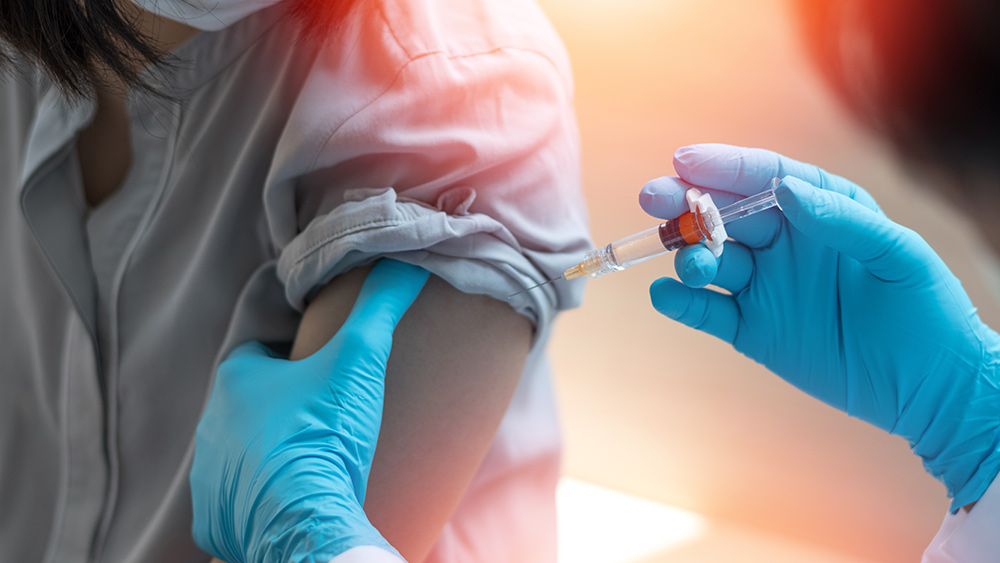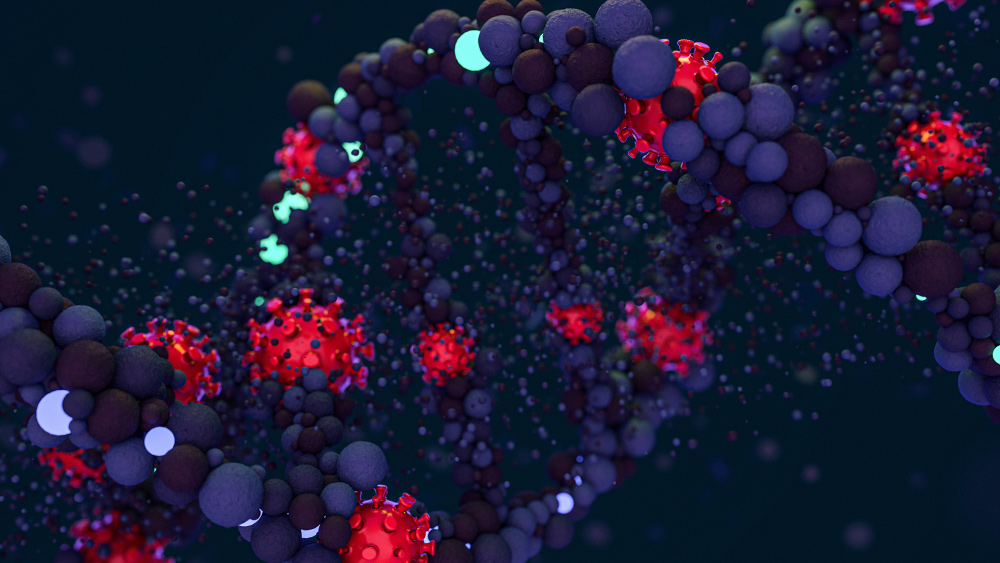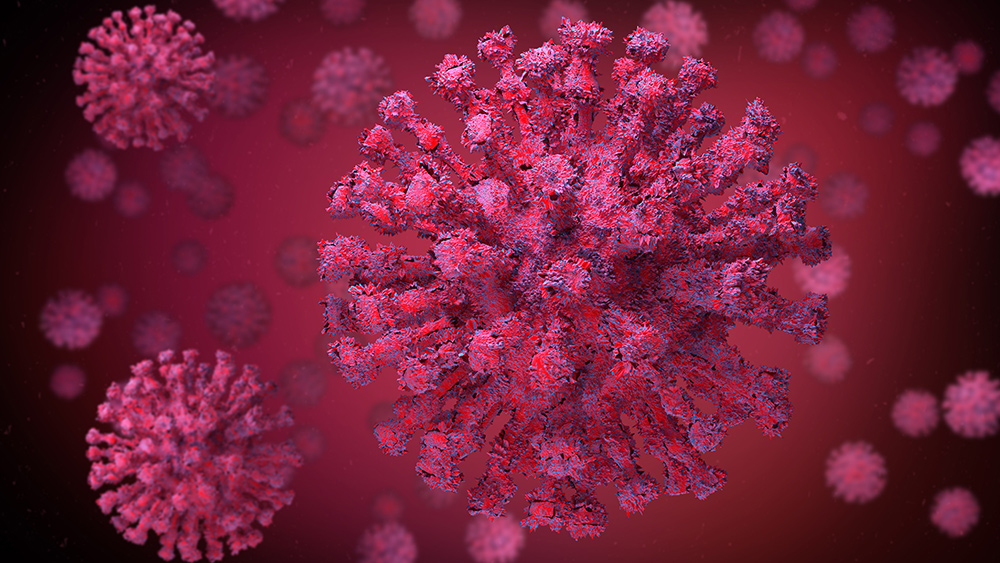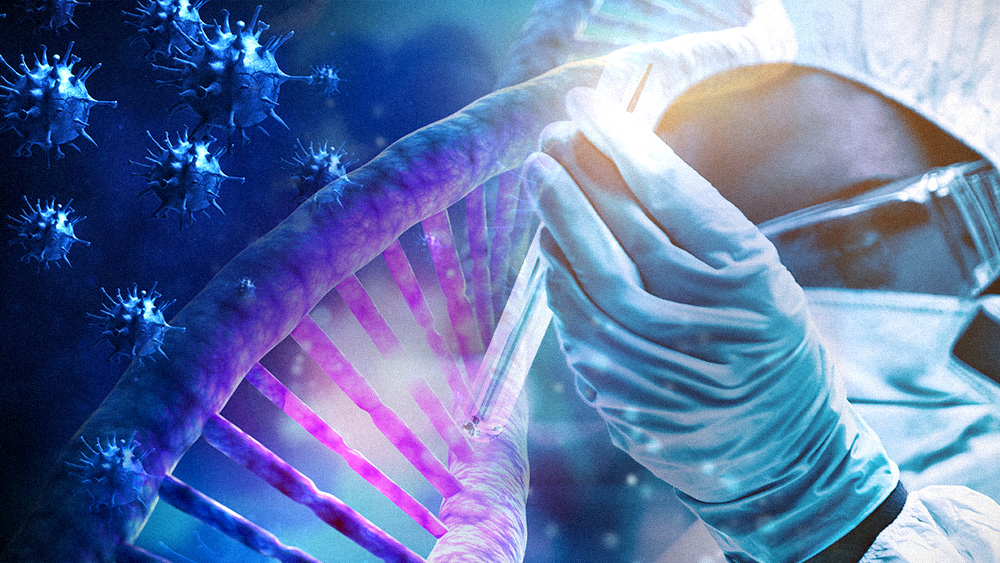CDC urges Americans to get coronavirus vaccine despite 10 times higher allergic reaction rate than flu shots
01/07/2021 / By Virgilio Marin

The Centers for Disease Control and Prevention (CDC) remains headstrong in its faith in the COVID-19 vaccines even though these jabs are causing more allergic reaction cases than flu shots.
In a report published on Wednesday, the CDC revealed that nearly two dozen Americans have experienced life-threatening allergic reactions after receiving the Pfizer-BioNTech vaccine between Dec. 14 and 23. With only 1.9 million shots administered over that time period, the jab has a rate of more than 11 severe allergic reaction cases per million doses. That is nearly 10 times more than the rate for flu shots, and it represents only a fraction of the “real” adverse events, since most go unreported.
Despite this alarming finding, the CDC said that a severe allergic reaction is “still exceedingly rare” and encouraged the public to get the coronavirus vaccine once it becomes available to them in order to stop the COVID-19 pandemic.
CDC pushes for vaccination despite adverse vaccine reactions
In its report, the CDC said that a total of 21 people between the ages of 27 and 60 years had anaphylaxis, a serious allergic reaction that can be fatal if left untreated. Seventeen of them had a documented history of allergies to a wide variety of allergens such as bee and wasp stings, eggs, shellfish, cats, penicillin and steroids.
Two of these had a previous adverse reaction to vaccines – one to the H1N1 flu shot and the other to a rabies vaccine – while seven had a history of anaphylactic shock, where one’s blood pressure levels drop suddenly and the airways narrow. An anaphylactic shock can be accompanied by hives, nausea, vomiting, dizziness and a swollen tongue or throat, among others.
The adverse reactions, according to the report, happened between two minutes and 150 minutes after the dose was given. Under CDC guidelines, people with an anaphylaxis history should be monitored for only a minimum of 30 minutes while others for merely 15 minutes.
Nineteen of the patients were treated with epinephrine, a hormone that relaxes the airway muscles. No deaths were reported but three people had to be rushed to the ICU. (Related: COVID-19 vaccines contain deadly epitopes that cause autoimmune disease.)
With 21 reactions out of the nearly 1.9 million administered doses, the rate of anaphylaxis for the Pfizer-BioNTech vaccine is 11.1 cases per million doses. By comparison, flu shots have a rate of around 1.3 cases per million doses, according to the CDC.
“I guess you could mathematically say that’s 10 times the amount. But I think that misses the point because it’s still exceedingly rare,” said Dr. Nancy Messonnier, director of the CDC’s National Center for Immunization and Respiratory Diseases (NCIRD).
The 21 anaphylactic cases, however, are only the tip of the iceberg. The report indicated that the Pfizer-BioNTech vaccine caused an additional 86 cases of non-anaphylactic allergic reactions and 61 nonallergic adverse events. Meanwhile, seven case reports are still under investigation.
“I continue to believe that the risk of COVID makes it imperative that people go ahead and get vaccinated as soon as it is available to them,” Messonnier added.
Agencies discourage people with severe allergies from getting vaccinated
Allergic reactions to the Pfizer-BioNTech shot were first reported in the U.K. when two healthcare workers with a history of severe allergies suffered anaphylactic reactions after getting the vaccine last month. Because of this, the British Medicines and Healthcare products Regulatory Agency issued a warning that anyone with a severe allergic reaction to food or medicine should not be given the jab.
Dr. Thomas Clark, epidemiology lead for the NCIRD’s Meningitis and Vaccine-Preventable Diseases Branch, echoed the British agency’s recommendation. Clark said: “If you have allergies to compounds in the vaccine or closely related compounds, we recommend you don’t get vaccinated at this time.”
Yet some Americans with a history of allergies are still proceeding with the vaccination. Physician and Duke University professor Dr. Leonor Corsino has severe allergies in the past but got inoculated with the Pfizer-BioNTech vaccine. Corsino said when asked why she got the shot: “One [reason] is obviously because I wanted to be vaccinated to protect myself and protect my patients.”
But the World Health Organization‘s chief scientist Soumya Swaminathan stated that there is not enough evidence to support that COVID-19 vaccines can protect people from the coronavirus. (Related: Pathogenic priming? COVID-19 vaccines are actually spreading the pandemic.)
“I don’t believe we have the evidence on any of the vaccines to be confident that it’s going to prevent people from actually getting the infection and therefore being able to pass it on,” Swaminathan said in a virtual press conference earlier this week.
For more reports unmasking the truth about the coronavirus vaccines, visit VaccineDamage.news.
Sources include:
Tagged Under: anaphylaxis, coronavirus, coronavirus vaccines, covid-19, harmful medicine, immunization, infections, pandemic, severe allergic reaction, vaccination




















